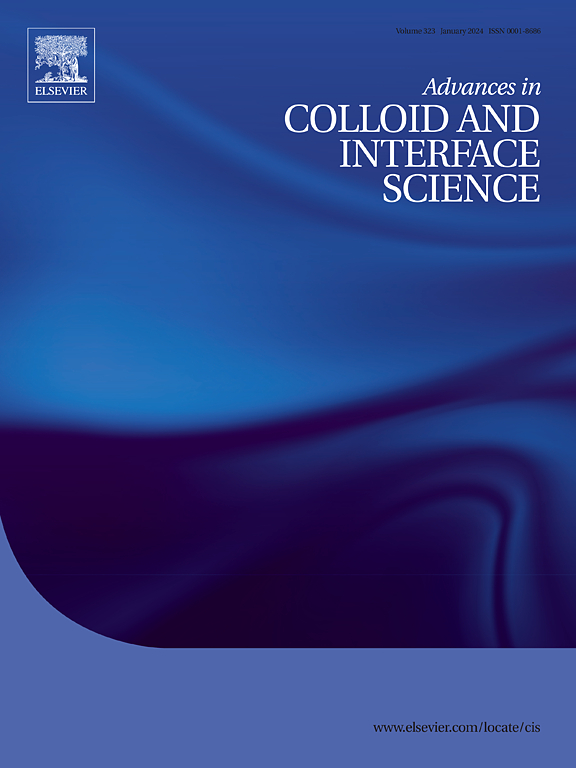Recent developments in covalent Triazine frameworks for Lithium-ion and Lithium-sulfur batteries
IF 19.3
1区 化学
Q1 CHEMISTRY, PHYSICAL
引用次数: 0
Abstract
The escalating demand for sustainable energy storage solutions has spurred significant research into materials that can efficiently store and convert energy. Among these, Covalent Triazine Frameworks (CTFs) have emerged as a promising class of two-dimensional nanomaterials due to their unique properties which includes permanent porosity, abundant active sites, exceptional stability and structural diversity. This review examines the role of CTFs in enhancing the performance of electrochemical energy storage devices, particularly in LIBs and LSBs as electrode materials. Despite the advantages of CTFs based electrode materials, such as their lightweight nature, design flexibility, and sustainability, they often suffer from low ionic conductivity and durability issues. This review examines recent advancements and design approaches focused on enhancing the electrochemical performance of CTF-based electrodes for lithium-ion (LIBs) and lithium‑sulfur (LSBs) batteries. It also addresses the major challenges that limit the effectiveness of CTFs in energy storage applications and suggests potential strategies for overcoming these obstacles. The primary aim of this review is to offer a thorough and detailed overview of the current state of research on CTFs. By critically analyzing existing work and highlighting future research directions, this review intends to support the advancement of CTF-based technologies in pursuit of more efficient and sustainable energy storage solutions.

锂离子电池和锂硫电池共价三嗪框架的最新进展
对可持续能源存储解决方案不断增长的需求刺激了对能够有效存储和转换能量的材料的重要研究。其中,共价三嗪框架(CTFs)由于其独特的特性,包括永久孔隙,丰富的活性位点,优异的稳定性和结构多样性,已成为一类有前途的二维纳米材料。本文综述了CTFs在提高电化学储能装置性能方面的作用,特别是在LIBs和lbs作为电极材料方面。尽管基于CTFs的电极材料具有轻量化、设计灵活性和可持续性等优点,但它们通常存在低离子电导率和耐久性问题。本文综述了近年来在提高锂离子(lib)和锂硫(LSBs)电池ctf基电极电化学性能方面的研究进展和设计方法。它还解决了限制CTFs在储能应用中有效性的主要挑战,并提出了克服这些障碍的潜在策略。本综述的主要目的是对CTFs的研究现状进行全面和详细的概述。通过批判性地分析现有工作并强调未来的研究方向,本综述旨在支持基于ctf的技术的进步,以追求更高效和可持续的储能解决方案。
本文章由计算机程序翻译,如有差异,请以英文原文为准。
求助全文
约1分钟内获得全文
求助全文
来源期刊
CiteScore
28.50
自引率
2.60%
发文量
175
审稿时长
31 days
期刊介绍:
"Advances in Colloid and Interface Science" is an international journal that focuses on experimental and theoretical developments in interfacial and colloidal phenomena. The journal covers a wide range of disciplines including biology, chemistry, physics, and technology.
The journal accepts review articles on any topic within the scope of colloid and interface science. These articles should provide an in-depth analysis of the subject matter, offering a critical review of the current state of the field. The author's informed opinion on the topic should also be included. The manuscript should compare and contrast ideas found in the reviewed literature and address the limitations of these ideas.
Typically, the articles published in this journal are written by recognized experts in the field.

 求助内容:
求助内容: 应助结果提醒方式:
应助结果提醒方式:


